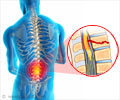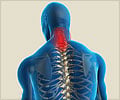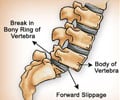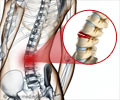Frequently Asked Questions
1. Which doctor performs corpectomy?Corpectomy is performed by an orthopedician or a spine surgeon.
2. What is the difference between corpectomy and discectomy?
Discectomy involves only the removal of the damaged portion of an intervertebral disc and bone spurs while in corpectomy, the vertebrae are also removed.
Corpectomy is a more extensive procedure, typically used when disease extends beyond the areas than can be dealt with through a discectomy alone.
3. When is my next follow-up appointment?
You may have to visit the hospital to remove the sutures usually on postoperative day #7.
There will be a follow up visit, typically 4-6 weeks after surgery. X-rays will be done at that visit to monitor the healing and bony fusion. Complete recovery may take a few more weeks.
4. Will I need to take any painkillers or special medications after the procedure?
You might experience nausea after the general anesthesia of surgery wears off; this can be eased with medication.
Oral pain medications and / or muscle relaxants will be given that are weaned off over the course of your recovery.
5. Will I need to wear a neck collar?
Most probably the surgeon will recommend you to wear a cervical collar for several weeks to support the neck muscles while the bone graft is healing. The collar has to be removed while eating, bathing or sleeping.
6. When can I start exercising?
Activities can be started and increased gradually according to your tolerance level. Refrain from strenuous exercise and avoid impact activity until cleared by the surgeon. Walking is definitely the best exercise during recovery.
7. Will I need rehabilitative or physical therapy?
Physical therapy may be prescribed after 4-6 weeks. Where healing takes longer, neck exercises are started only after an additional 4-6 weeks.
8. Are there any long-term limitations due to this procedure?
There are usually no long-term limitations due to anterior cervical corpectomy.









